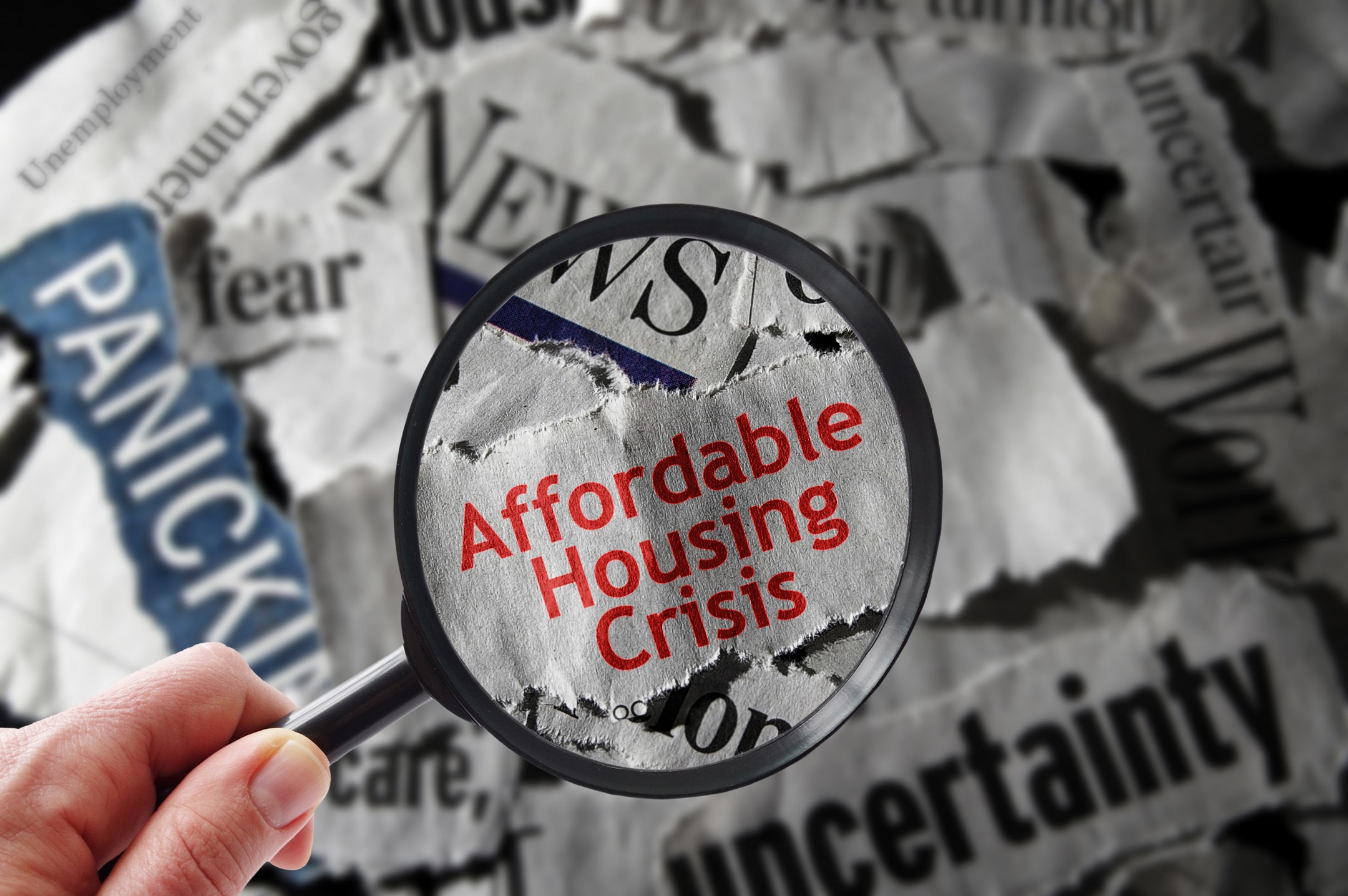Introduction to Government Social Housing Investment
In a time of increasing demand for affordable housing, government social housing investment has emerged as an attractive and reliable opportunity for investors. Traditionally, many have focused on private buy to let portfolios, aiming for high yields in student lets, HMOs, or city centre apartments. However, social housing, supported and often backed by government funding, offers a compelling alternative. For both seasoned investors and those exploring diversification strategies, understanding the benefits of government social housing investment can unlock new avenues of income, stability, and long-term growth.
What is Government Social Housing Investment?
Government social housing investment refers to placing capital in properties designated for affordable housing, usually leased to housing associations, charities, or local councils. These properties are then rented to tenants in need, often supported by the state. Investors either purchase these homes directly or work with developers and operators specialising in this space.
Unlike traditional buy to let, which typically relies on market demand and private tenants, social housing comes with a more structured and often more secure model. The government’s involvement through long-term leases or financial support reduces many of the risks associated with property investment.
A Reliable Income Stream with Reduced Void Risk
One of the key appeals of government social housing investment is income stability. In standard rental markets, landlords face the risk of void periods, rent arrears, or late payments. With social housing, properties are often leased on a long-term basis, sometimes up to 25 years, with housing associations or care providers acting as the tenant. These leases are usually on a Fully Repairing and Insuring (FRI) basis, which shifts maintenance responsibility to the operator rather than the landlord.
This model can be especially attractive for investors looking for hands-off, passive income. Since rent is typically backed or subsidised by the government, payment reliability is significantly higher than in the private rental sector. For buy to let investors tired of tenant turnover or management headaches, social housing offers a low-maintenance alternative.

Strong Government Support and Demand
The UK government has consistently prioritised affordable housing in its policy agenda. With a chronic shortage of social housing stock and long waiting lists for tenants, there is a clear and growing demand. By participating in government social housing investment, investors position themselves in a sector supported by both political will and social necessity.
Government funding schemes and incentives, such as capital grants or leasing guarantees, further enhance the appeal. In many cases, these mechanisms lower the entry risk and provide stronger long-term returns. The security of government backing adds a level of confidence that is not always present in other segments of the property market.
Ethical Investing with Real-World Impact
Investors today are more conscious of the social and ethical implications of where they put their money. Government social housing investment enables them to generate profit while contributing to meaningful societal outcomes. Housing vulnerable populations, such as the elderly, disabled, or low-income families, not only addresses a real need but also aligns investment portfolios with ESG (Environmental, Social and Governance) principles.
This socially responsible approach can be particularly valuable for institutional investors, pension funds, or private landlords seeking positive PR and long-term sustainable impact. In short, it’s possible to do good while doing well.

Diversification and Resilience in Your Portfolio
Another important advantage of government social housing investment is portfolio diversification. Buy to let investors often rely on traditional tenants and the open rental market, which can be vulnerable to economic swings, regulatory changes, or oversupply in certain areas.
Social housing tends to be more resilient during downturns, as demand remains high regardless of economic conditions. The stability of income and government involvement make it a suitable hedge against market volatility. For investors looking to safeguard their assets while generating steady returns, social housing is an option worth serious consideration.
Conclusion to Government Social Housing Investment
Government social housing investment is more than just a niche, it is a growing sector with significant benefits for property investors. From secure, long-term income and reduced management responsibilities to government support and strong social impact, the advantages are clear. For traditional buy to let landlords seeking diversification, or new investors looking for reliable returns, social housing offers a powerful and future-proof alternative.
As housing remains a top national priority, those who understand and act on the opportunities within government social housing investment stand to benefit financially while making a positive difference in the lives of many. Now is the time to consider this often-overlooked, but highly rewarding, investment route.









